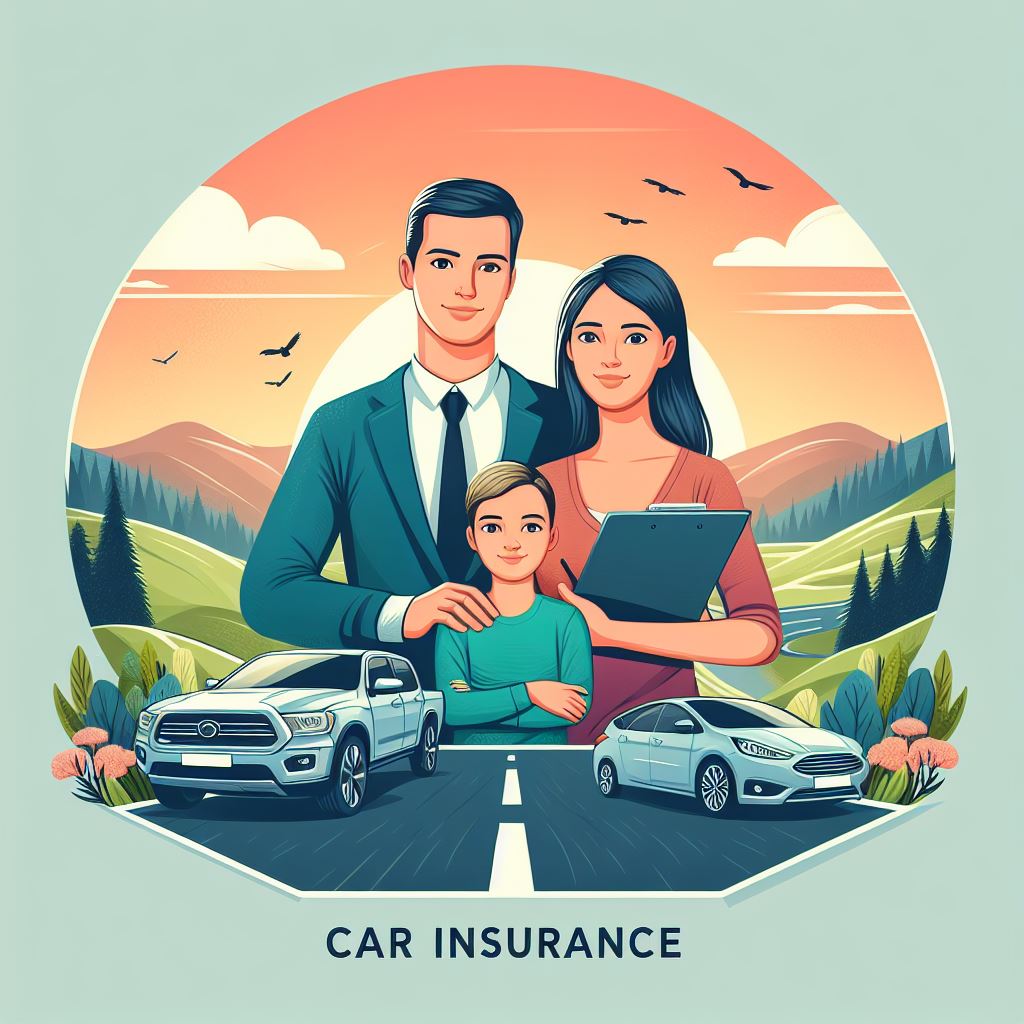
How Does Ohio's No-Fault Insurance System Affect auto insurance in columbus ohio?
Ohio operates under a "fault" insurance system, rather than a "no-fault" insurance system, which impacts auto insurance coverage and claims processes in Columbus and throughout the state. In a fault-based system, the driver who is determined to be at fault for an accident is responsible for covering the damages and injuries sustained by the other party/parties involved in the collision.
Under Ohio's fault-based system, drivers are required to carry liability columbas auto insurance to cover bodily injury and property damage liability. This coverage helps pay for medical expenses, lost wages, and property repairs for the other party if the insured driver is found at fault for an accident. Additionally, drivers can choose to purchase optional coverages such as collision and comprehensive insurance to protect their own vehicles against damages from accidents, theft, vandalism, and natural disasters.
Despite Ohio's fault-based auto insurance columbas system, the state does have certain provisions related to "no-fault" benefits, particularly for medical expenses resulting from auto accidents. Ohio law mandates that all auto insurance policies include "personal injury protection" (PIP) coverage, also known as "med pay," which provides coverage for medical expenses incurred by the policyholder and their passengers, regardless of fault. PIP coverage can help pay for medical bills, rehabilitation costs, and funeral expenses resulting from auto accidents, regardless of who caused the collision.